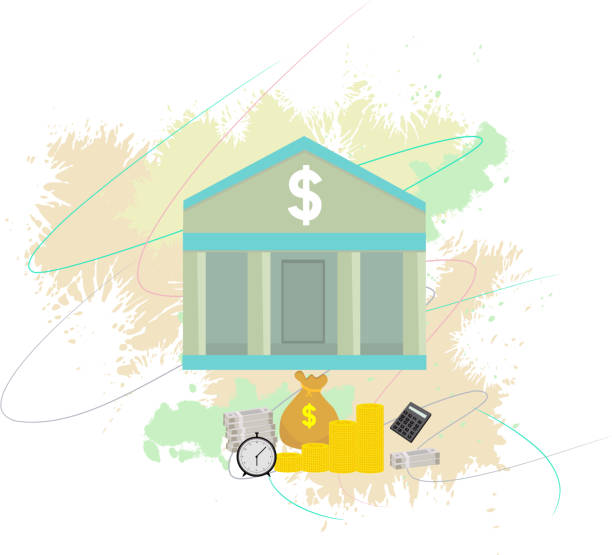
The precarious state of overextended personal debt is often a private struggle until it triggers a series of formal and increasingly severe creditor a...
Read More
The prospect of a creditor accessing your bank account can be a significant source of anxiety. Understanding the legitimate pathways through which thi...
Read More
Facing medical debt can be an overwhelming experience, compounded by the anxiety of dealing with collection agencies and creditors. However, proactive...
Read More
In the world of personal finance, the credit limit on your card represents a promise of available funds, a financial cushion that many rely upon for b...
Read More
The relentless ringing of the phone, the anxiety of an unknown number, and the stress of confronting another collector are hallmarks of overwhelming d...
Read More
The unsettling prospect of a creditor taking money directly from your paycheck is a significant concern for anyone facing debt. The direct answer to w...
Read MoreSeek help from a nonprofit credit counselor, legal aid organization, or report the lender to the Consumer Financial Protection Bureau (CFPB) or your state attorney general.
Only use it for purchases you can afford to pay for in full today. BNPL should be a tool for cash flow management and convenience, not a method to finance a lifestyle beyond your means. If you can't pay for it now, you can't afford it with BNPL.
Debt settlement involves negotiating with creditors to pay a lump sum that is less than the full amount owed. It is a last resort for those unable to keep up with payments, but it severely damages your credit and may have tax implications.
Strategic credit application is the deliberate and careful process of applying for new credit products with the specific goal of improving your overall financial health, often to manage or reduce existing overextended debt, rather than to acquire more things.
If you are not already overextended, responsibly adding a single credit card can be a good way to build a positive payment history and establish a revolving credit account, thus diversifying your mix. However, you must use it sparingly and pay the balance in full each month to avoid new debt.